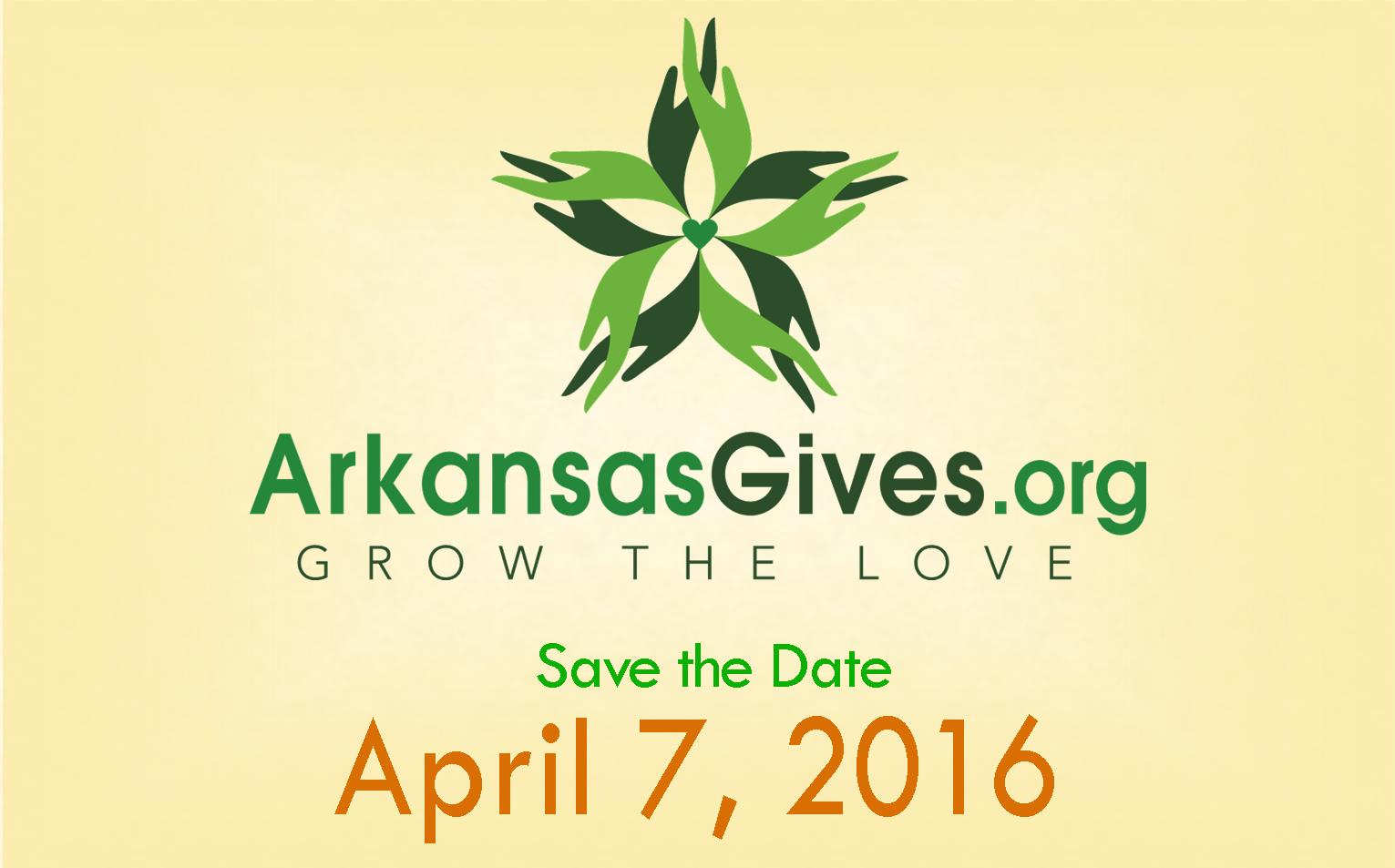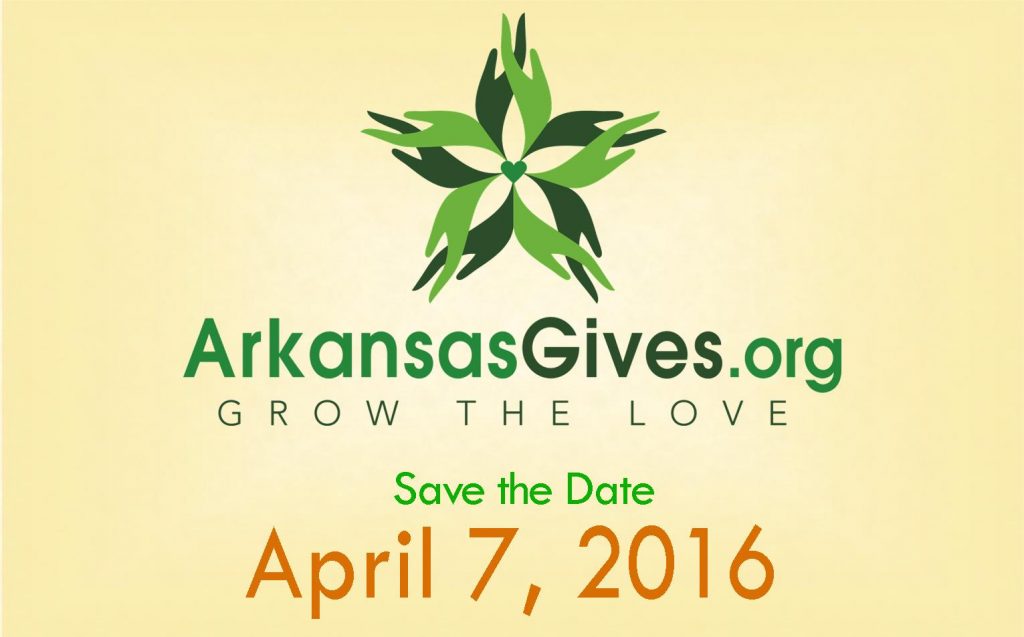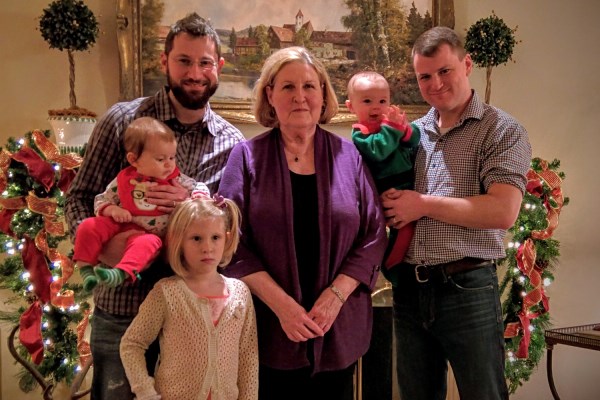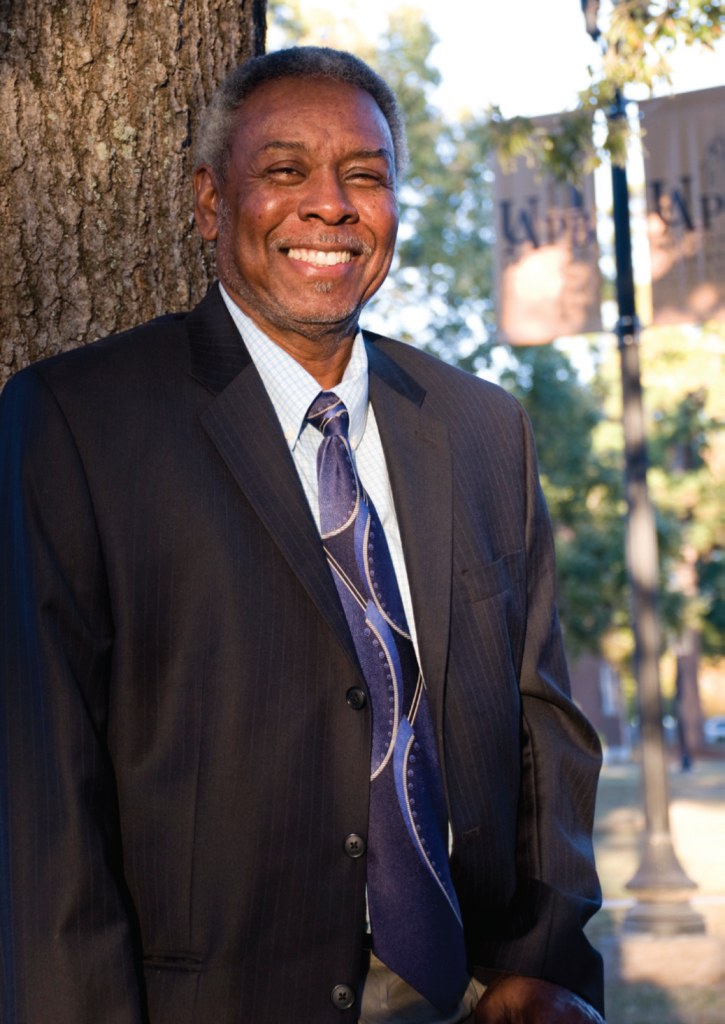Want to predict whether a child is likely to graduate from high school? Take a look at his or her third grade reading levels.
Research from the Annie E. Casey Foundation found that 16 percent of children who are not reading at grade level by third grade do not graduate high school on time – four times more than their peers who are reading-proficient in third grade.
Why? Angela Duran, coordinator for the Arkansas Campaign for Grade-Level Reading, explained: “Up until third grade, children are learning how to read. After that, they’re reading to learn.” Students need a strong foundation in the early grades in order to absorb the challenging new information they’ll receive in upper elementary and beyond.
This spring, we partnered with the Campaign for Grade-Level Reading to award grants to five programs across the state that are working to increase Grade 3 reading levels. Each of our grantees will be hosting camps to engage kids over the summer to prevent learning loss and help them keep making educational gains all summer long.
The grant recipients will be working with the Arkansas Out of School Network to receive technical support/training and get connected to a broader network of summer and after-school programs.
This year’s Summer Learning Initiative grant recipients are:
Booneville School District ($25,000) – to support the Summer Literacy Program, a four-week initiative that will immerse students in literacy and kinesthetic learning, including a daily enrichment activity connected to each literacy skill.
Mount Judea Area Alliance in Mount Judea, Ark. ($4,428) – to support the Mount Judea Summer Learning Camp, a once-a-week camp aimed at teaching children the rewards and pleasure of reading.
Ouachita Children’s Center in Hot Springs ($41,000) – to support the Summer Enrichment Program, a 10-week program focusing on reading, math, life skills and writing, featuring educational field trips and recreation events.
Park Avenue Elementary in Stuttgart ($25,000) – to support the Park Avenue Elementary Summer Learning Camp, aimed at providing students with the skills and confidence to be successful in literacy and become critical thinkers and lifelong learners.
YMCA of Hot Springs ($25,000) – to support the YMCA Summer Learning Loss Program at Lakeside Primary School, a six-week initiative that uses evidence-based instruction techniques to improve academic outcomes for rising Kindergarten and 1st Graders at risk for losing reading skills over the summer.
With so much interest in this funding program, we know that there’s strong demand from schools, parents and communities to provide quality summer programs that help kids make reading progress outside of school.







